David Grossman probably spends a decent amount of time on airplanes. The double bass player is a member of the New York Philharmonic. He’s also a Principal Bassist of the Los Angeles Chamber Orchestra. He’ll be performing with LACO this weekend as the soloist of a rare double bass concerto called Dark With Excessive Bright composed by Missy Mazzoli.
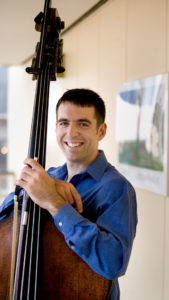
When Grossman joined the New York Philharmonic he was the youngest-ever musician to join the 177-year-old orchestra. In addition to performing classical music, he also is an accomplished jazz bassist. He’s worked with artists such as Wynton Marsalis and Marcus Roberts. If that wasn’t enough, he’s also a composer.
Apropos of someone who jets back and forth across the country, Grossman had only just arrived in Los Angeles yesterday when we spoke by phone. In excerpts from our conversation, we talk about Dark With Excessive Bright, his instrument and the benefits of playing both classical and jazz music.
Missy Mazzoli wrote this piece not just for a specific performer with the Australian Chamber Orchestra (Maxime Bibeau), but also for his specific instrument. How does that history inspire your interpretation?
I think she was inspired by the fact it was such an old instrument and had many lives. Like The Red Violin film, which is an interesting idea. One of the great things about art is the composer can write something and have someone specific in mind and that can be interesting, but for a performer or an audience [their ideas] can be different and equally valid.
What’s striking about the piece is the apparent paradox in the title. What she’s really playing with is relativity and opposites and a lot of the piece is written down low and a lot of it is written, quote unquote, too high.
I would just say in working on it, there’s something I can’t fully put into words, but there’s something that captures the essence of human existence where you are striving for something and you don’t give up. There are parts when I’m playing and it’s almost like there are no notes left. I think there a lot of ways to interpret the meaning of what she wrote.
What excites you most about Mazzoli’s compositional skills?
She has a wonderful sense of melody and a beautiful sense of harmony. Interestingly, I am very interested in earlier music and the way she’s able to incorporate her interest in Baroque and even Renaissance elements is very appealing to me. It’s very evocative and full of emotion. There are moments when I’m practicing and I have to stop down because I get almost too emotional.
You’re both a composer and a musician with two major institutions. From your point of view what is the state of contemporary classical music?
I can’t make any global judgement or observation other than to say that I think there are so many different styles now. What’s nice from a player’s point-of-view is it very clear to me when a piece hits me. Missy’s piece is one of them. One thing about playing in New York is we play four concerts and four rehearsals. Even if in the first rehearsal of a new piece if I don’t like [it], by the last concert there is something I can appreciate about every piece we play. That’s a humbling thing.
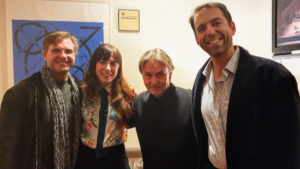
As someone who plays in both LA and New York, is there a discernible difference between either the approach to or the appreciation of classical music between the two coasts?
That’s an interesting question. I’m probably not qualified to answer that. I can speak anecdotally. This is now my third year as Principal Bass at LACO and my 19th year with the NY Phil. For me it has just been wonderful to make music in different contexts. It’s a win-win.
Playing both jazz and classical, which give you the best opportunities to showcase the double bass and which is the most fun to perform?
In the context of playing, being a soloist and playing Missy’s piece, this shows extreme diversity and different facets of what I represent on the instrument. A young student reached out to me via e-mail. “I’m a high school student, can you explain how your jazz improved your classical and how classical music improved your jazz?”
I wrote something like when you take a cup and you take it into the ocean and you fill this cup and then you empty it back, where does it go? And I think she understood it’s all the same source. The skills that are honed and harnessed to play classical music on a high level are also enhanced by my playing jazz.
French writer Paul Fournel said, “In life’s orchestra, the bike is the double bass. Hard to forget it.” What do you think he meant by that?
I think one of the things I like about the bass is that it’s the substratum of the orchestra. Meaning, an untrained listener will not know when they are hearing fantastic bass playing, but they will know the opposite. It’s a highly supportive instrument.
I like that I’m very comfortable taking center stage, but myself, I thrive in being support. That’s also why I have fun in LACO with the Baroque stuff. I think it’s the support. The bicycle? You stumped me with that one. Maybe it’s a French haiku.
Photos of David Grossman by Henry Grossman/Courtesy of the Los Angeles Chamber Orchestra


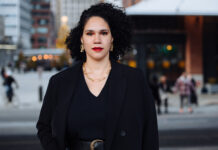



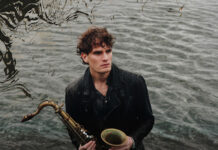
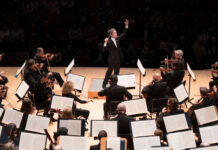



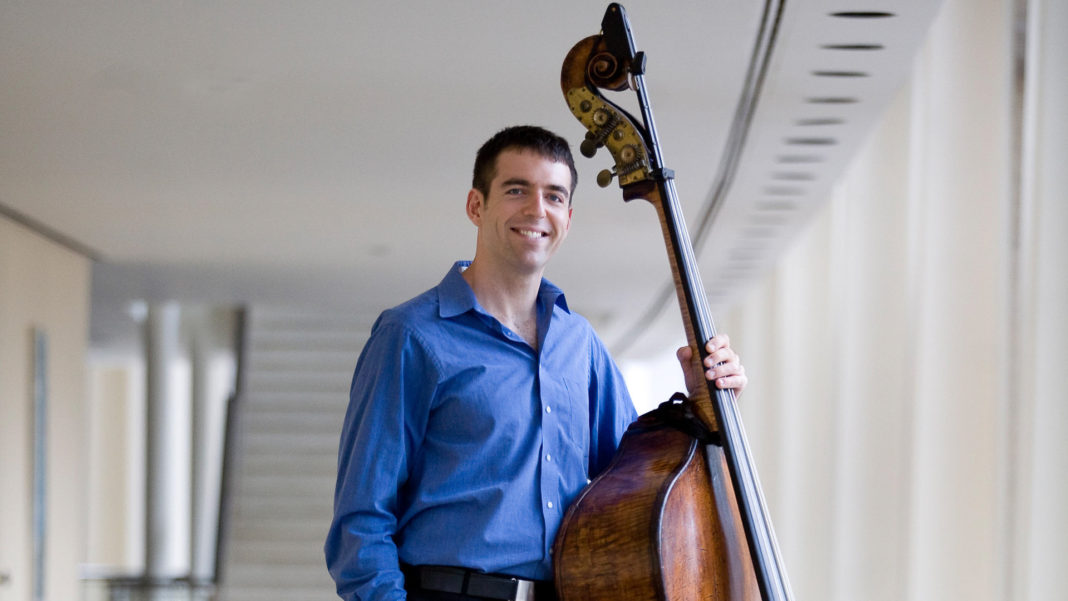
The first LACO concert I saw Mr. Grossman at, he brought a new, vibrant, interaction with all the other musicians. Everyone played even better than usual — more musically, more aware. More happy, too. I spent the whole night seeing and hearing how he drove, and supported, and enlivened, the music that night. so grateful.